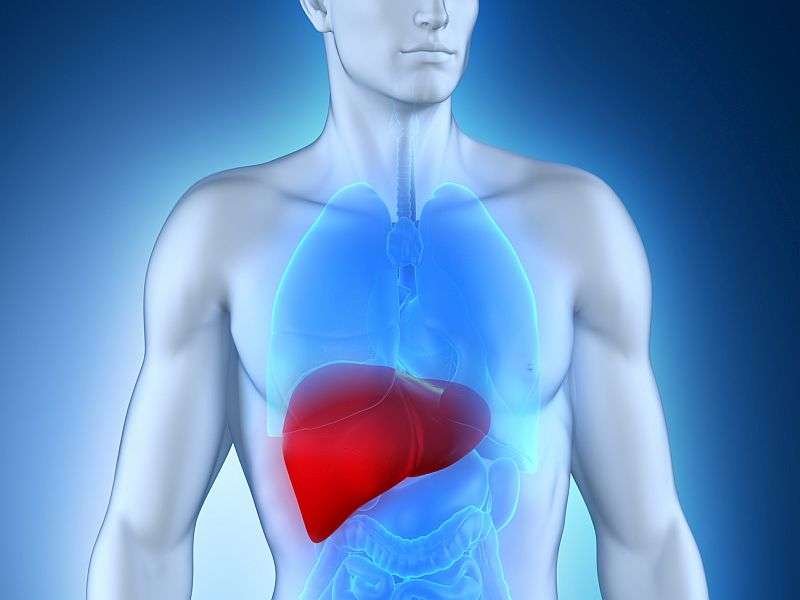Steatosis in more than half of liver transplant recipients

(HealthDay)—Steatosis affects more than half of liver transplant (LT) recipients, although it is not associated with worse patient survival, according to a study published online April 5 in Liver Transplantation.
Irena Hejlova, M.D., from the Institute for Clinical and Experimental Medicine in Prague, and colleagues conducted a retrospective examination of 2,360 post-transplant biopsies of 548 LT recipients.
The researchers identified steatosis in 56.4 percent of patients, including 17.0 percent with significant steatosis (grades 2 to 3). Steatohepatitis was diagnosed in 10.7 percent of patients. There was an increase in the prevalence of steatosis, from 30.3 percent at one year to 47.6 percent at 10 years after LT (P < 0.001). There was no difference in survival times between the groups (P = 0.29). On multivariate analysis of pre-transplant factors and initial immunosuppression there were associations for alcohol-induced cirrhosis and body mass index (BMI) with the development of significant steatosis, while increased levels of alkaline phosphatase and mycophenolate mofetil given initially seemed protective. In analysis of post-transplant factors, significant associations with steatosis were seen for high BMI, serum triglycerides, alcohol consumption, and type 2 diabetes mellitus, while high creatinine was protective. There was no correlation for significant steatosis with higher fibrosis stage.
"Recipient factors and types of immunosuppression affect the risk for significant steatosis, which is not associated with a higher fibrosis stage or worse patient survival," the authors write.
More information:
Abstract
Full Text (subscription or payment may be required)
Copyright © 2016 HealthDay. All rights reserved.


















